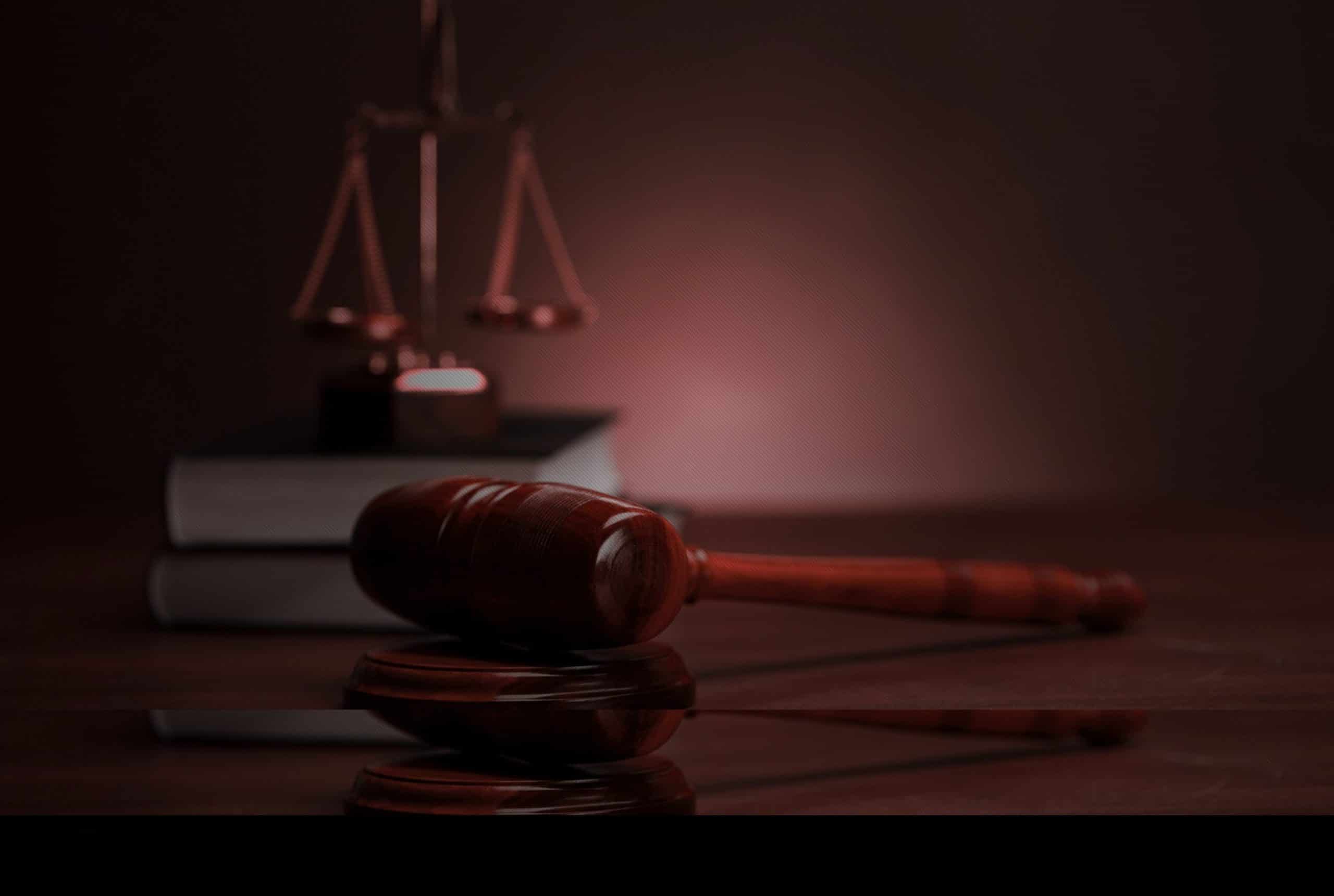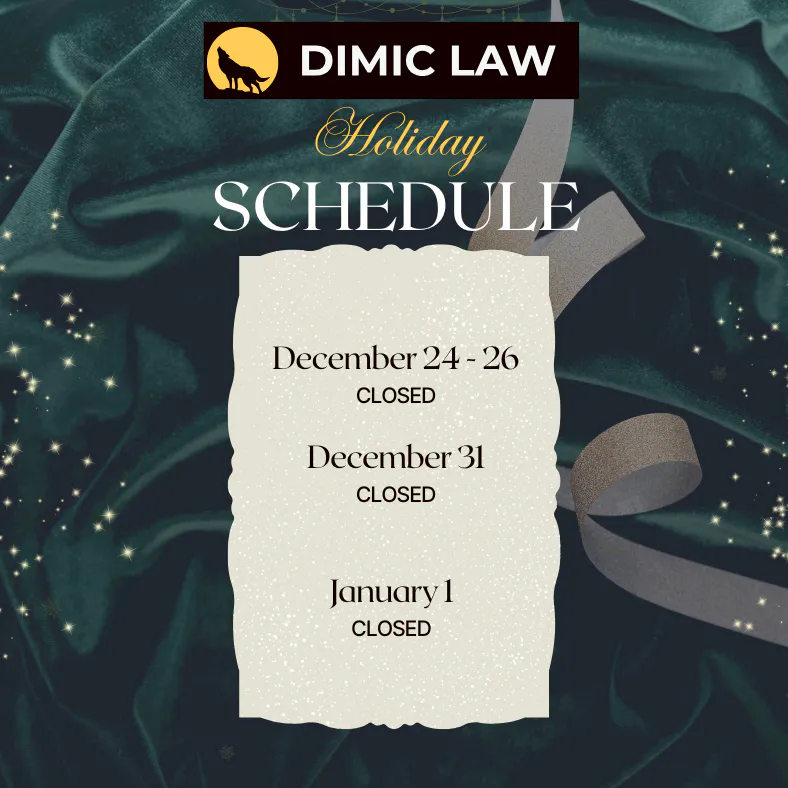
Foreclosure Law
Foreclosure Law
Foreclosure is a legal process where a lender is enabled to reprocess and resell property if a borrower has failed to keep up the repayments on a mortgage. If you are involved with a mortgage that is arrears, the foreclosure process is something you should know. The legal steps that a lender takes to recover arrears and principal on mortgage loan that is in default.
A default that starts the foreclosure process is a non-payment of regular mortgage payments. After only one missed payment, the foreclosure processes may start legally. However, there are other types of default, which include:
- Allowing damage to the property;
- Failing to make tax payments;
- Failing to insure the property; and
- Failing to make condo fee payments, etc.
During a foreclosure action, all costs are to be paid by a borrower. Costs can include, but are not limited to:
- Lawyers;
- Process servers;
- Appraisers;
- Realtors;
- Property managers; and
- Repairs, ect.
With a mortgage agreement this allows the lender to add all costs it insures to the debt owed by the borrower. This is important a lender or insurer can pursue a deficiency judgment in certain circumstances. An example of this CMHC, and this means that the lender may seek payments form the borrower’s assets, wages, etc for any amount owing after the sale is finalized.
Steps for Foreclosure Process
Initial contact:
On a first missed payment lenders will usually initiate communication. The lenders will notify the borrower by call or a letter of the missed payment. For a foreclosure process to end the borrower can immediately repay the arrears. This type of communication should not be ignored. Most missed payments usually have a financial cost to them.
Demand Letter:
If there is a second missed payment, a demand letter will be sent. In the letter, it will state that if arrears are not paid, a foreclosure will be commenced against the land owner.
Filing a foreclosure claim:
For a foreclosure to get started, you start with a Statement of Claim and it will be filed in the Court of King’s Bench. When this process is started the borrower will be liable for more significant costs as most lawyers provide for a borrower to pay all costs that are associated in the foreclosure process. A notice on the title to the property will be filed by the lawyer when the action is starting and this notice will let other lenders secured on title know that a foreclosure action has been started.
Repay the arrears:
Up until the final order is granted by the court, if the borrower pays up the arrears the foreclosure process can end. In some cases, making payment arrangements to pay up the arrears can end the foreclosure process. A borrower in arrears maintains a right of redemption.
Statement of Defense:
There are few defenses to foreclosure, and this option is not used as it is expensive and unless there is an error in amounts owed or paid, there is no defense to non-payment of a mortgage. If the amount of the appraised value is very low the borrower may file a defense.
Demand of notice:
This a legal declaration that a borrower wants to be kept up to date in the foreclosure process. This notice requires the lender to go through all the foreclosure process steps and allows a borrower to not be surprised as to then the final foreclosure will occur, if a borrower tries selling the property themselves or save money by paying the arrears gradually.
No action:
This is a frequent choice that borrowers do make and this will allow a lender to note the borrower in default, this happens after the notice period has passed. The amount of time a borrower has to respond is shown in the Statement of Claim and how long they have to respond to it, and it allos a lender to jump to the end of the foreclosure process.
Quit Claim:
This where the borrower agrees to give title to the lender. If a borrower is considering a quit claim, a borrower is highly recommended to talk to a lawyer as they may lose rights and it may have continuing financial repercussions.
Consenting to the foreclosure:
This the borrower is considering this, they should talk to a lawyer about the legal consequences of this action as it may allow a person to stay in their home longer; however, it can have serious repercussions.
Redemption Period:
During this time the court allows a borrower to pay back the arrears and brig the mortgage current. To determine how long a borrower can stay in their home for the redemption period, the biggest factor is the amount of equity on the property.
Sale ordered by the court:
This is where the home will be put on the market and be sold, and it is often listed by the court with a real estate agent. The fees for the real estate agent will be paid by the borrower and all offers are presented to the judge. If the offer is faire and the circumstances are accepted, it will be the judge who is hearing the matter that decides. All the sale proceeds will be used to pay back all debts, in order of propriety on title. Any funds that are remaining, must be payable to the borrower.
Order for foreclosure:
If the property is not sold this is what happens, but is transferred to the lender in satisfaction of the debt. A for closure order may lead to a deficiency judgment.
Dimic law is devoted to provide efficient and effective legal services to our clients. We invest the same quality to all our clients.
DIMIC LAW is here to PROTECT WHAT MATTERS MOST.
Legal Problem? Better Call Dimic

